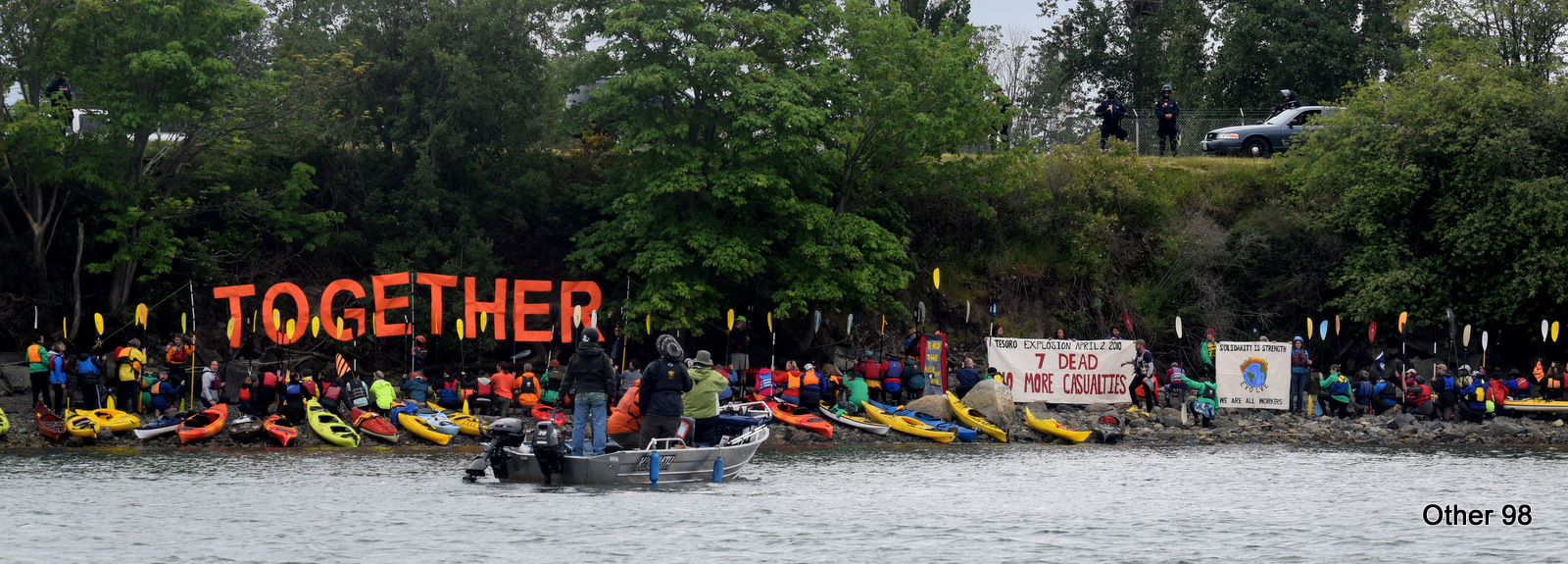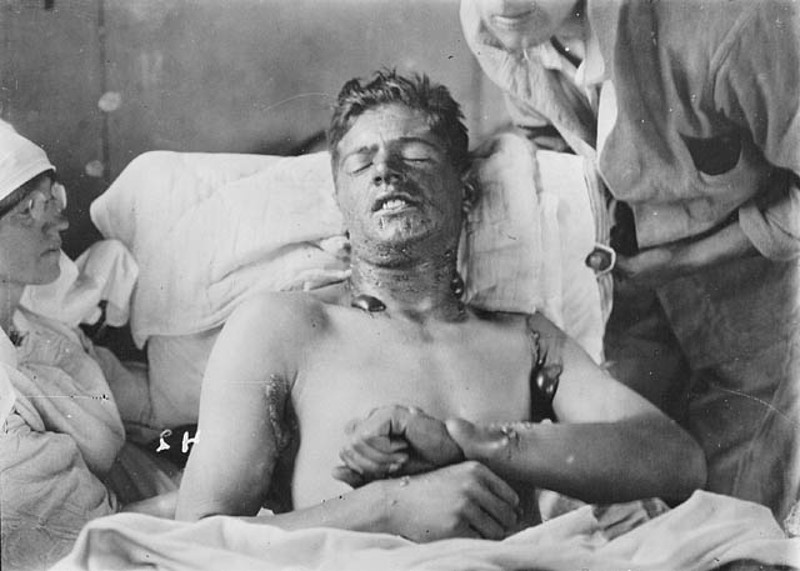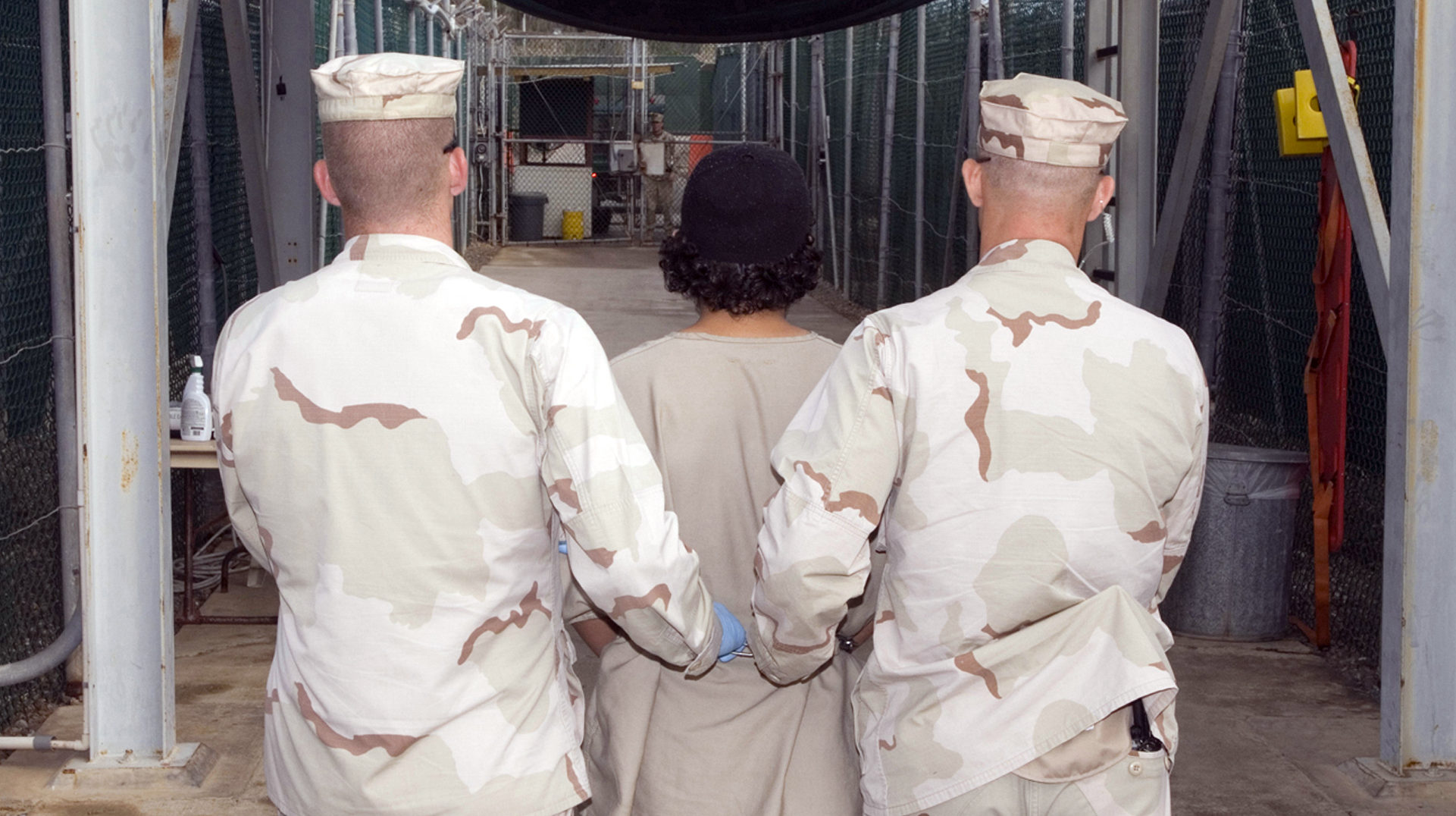After years of marches and land-based blockades, environmental activists are now taking to the seas to stop the growth of the fossil fuel industry and protest the environmental threats facing them.
Inspired by actions last year against Shell Oil Co.’s plans to drill in the Arctic Circle, which included a kayak-based blockade, activists in the Pacific Northwest are forming a new “Mosquito Fleet” — a swarm of tiny boats that they hope will have a big impact by acting together.
Lois Canright, a fleet member who recently completed her first action, told MintPress News, “To me, the most important thing that I can do for me and everyone on this planet is to try and lower emissions down and to try to throw some wrenches into the fossil fuel infrastructure, especially because they’re trying to expand it in our region.”
The fleet took to the waters earlier this month, joining an effort by Break Free PNW to halt traffic from major fossil fuel export terminals operated by Shell Oil and Tesoro, another fossil fuel giant, at March Point in Anacortes, Washington, on the Puget Sound in the Salish Sea.





